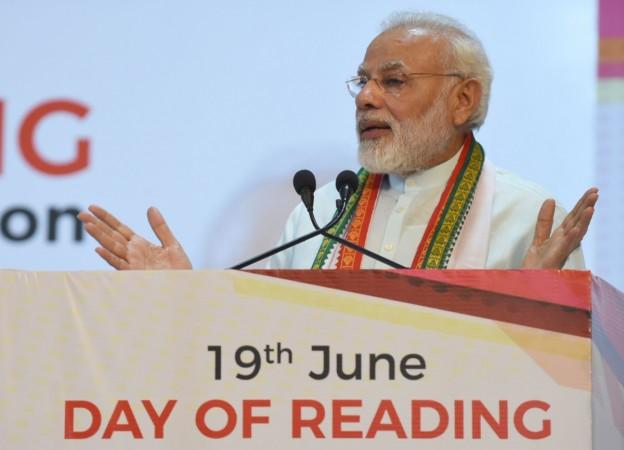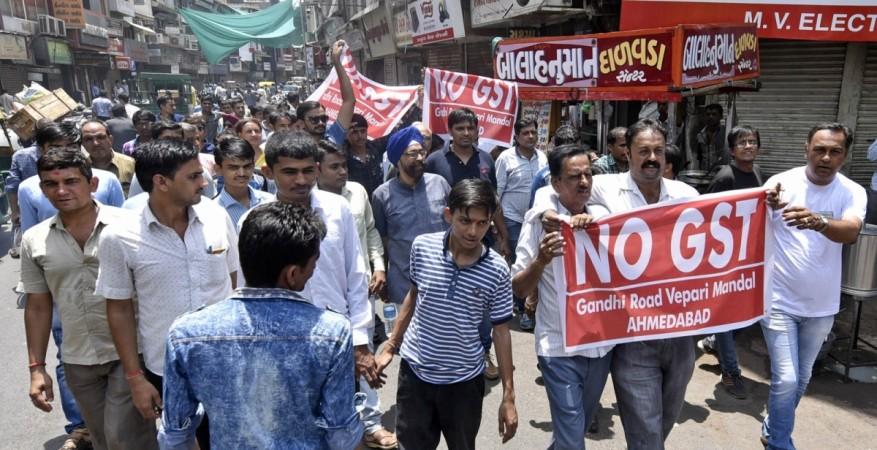
A day after RBI governor Urjit Patel extolled the virtues of the goods and services tax (GST) which is all set to be implemented from July 1, the Economist mocked the same. The magazine referred to the new indirect tax regime as a "wasted opportunity" for Indian Prime Minister Narendra Modi.
"FEW countries would see a tax requiring some businesses to file over 1,000 returns a year as an improvement. But India might," the article began, referring to the large number of documents required to be filed by India Inc. once the GST kicks-in.
Comparing India's six rates under the GST with just one that prevails in countries that have adopted the concept, the article said the new regime is not such a relief in the overall context.
"The article titled "Narendra Modi is a fine administrator, but not much of a reformer" has apeared in the June 24 issue of the magazine.
Modi has disappointed those who had great expectations of economic reforms from him once he came to power and the GST exemplifies it, according to the magazine. "...the GST is perhaps the most obvious example of an opportunity wasted," the Economist said.
Incidentally, on Thursday, Urjit Patel had spoken favourably about the GST, saying it will bring benefits galore to the country.
"Apart from creating a national market, it (GST) will also end up reducing many of the inefficiencies within the states that we face when we move goods within a state and across states. The city taxes, for example, will disappear...I think this is a precursor to the taxes in India later on coming down...that is the right way to do it," he said at the IMC's 9th Banking and Financial Services Conference in Mumbai.
On the positive side of Modi's leadership style, the Economist said: "Modi has shown that he is an astute administrator of the economic machinery he inherited. Corruption seems to have abated, at least at the highest levels of government. But he has demonstrated little appetite for the reforms which would bring sustained growth of the sort that could transform the lives of India's 1.3bn citizens."
Modi's prudential way of using falling crude oil prices to shore up the government's coffers also came in for some appreciation. "Modi should also receive credit for sensibly using the oil windfall to pare fuel subsidies and keep the budget deficit mostly in check. Growth of 7% or so is nothing to scoff at," the Economist said.
The Indian economy expanded by 7 percent in 2016-17, despite the slowdown in the March quarter (Q4) to 6.1 percent, mainly on account of demonetisation. In the process, India also lost the "fastest-growing economy of the world" tag to China that grew at 6.9 percent in the quarter.
As already reported, the Parliament will be convening for a special session on June 30 night, hours before the GST comes into effect.









